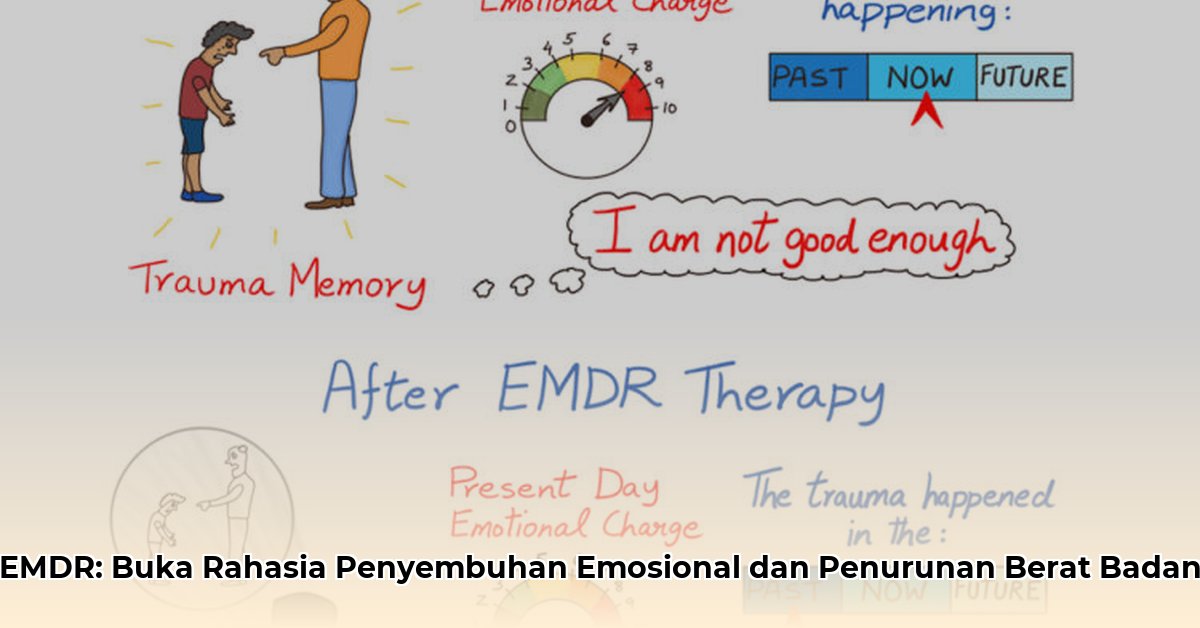
EMDR: Unveiling the Power of Emotional Healing
Eye Movement Desensitization and Reprocessing (EMDR) is a groundbreaking therapy that harnesses the brain’s natural ability to process and heal from past experiences. It utilizes guided eye movements or bilateral stimulation to facilitate the reprocessing of traumatic memories and negative beliefs.
EMDR’s Impact on Weight Loss
EMDR plays a pivotal role in addressing the emotional roots of weight gain. By identifying and processing emotional triggers, it empowers individuals to develop healthier coping mechanisms and reduce emotional eating.
Benefits of EMDR for Weight Loss
- Reduced Emotional Eating: EMDR effectively targets the emotional triggers that drive overeating, leading to decreased cravings and reduced food intake.
- Healthier Coping Mechanisms: Reprocessing past experiences fosters emotional regulation and self-soothing skills, promoting healthier ways to manage stress and emotions.
- Improved Relationship with Food: EMDR helps individuals develop a more balanced and intuitive relationship with food, allowing them to make healthier choices.
- Sustainable Weight Loss: By addressing the underlying causes of weight gain, EMDR supports long-term weight loss and improved overall well-being.
Research Supporting EMDR’s Effectiveness
Numerous studies attest to the efficacy of EMDR for weight loss. A study published in “Eating Disorders” demonstrated significant reductions in emotional eating and weight loss in individuals with binge eating disorder who underwent EMDR therapy. Another study, featured in “Obesity,” showed promising results in reducing weight and improving body composition in obese adults.
Finding an EMDR Therapist
Locating a qualified EMDR therapist is crucial for maximizing therapeutic benefits. Consider online searches or consultations with healthcare providers for referrals to experienced professionals specializing in EMDR.
Untapped Potential of EMDR
- Eating Disorders: EMDR can effectively address a range of eating disorders, including binge eating disorder, anorexia nervosa, and bulimia nervosa.
- Body Image: EMDR improves body image by fostering self-acceptance and a healthier perception of one’s physical self.
- Complementary Approach: EMDR complements other weight loss strategies such as diet and exercise, providing a comprehensive and holistic approach to weight management.
By harnessing the transformative power of EMDR, individuals can embark on a weight loss journey that empowers them to heal emotional wounds, develop healthier habits, and achieve sustainable weight loss.